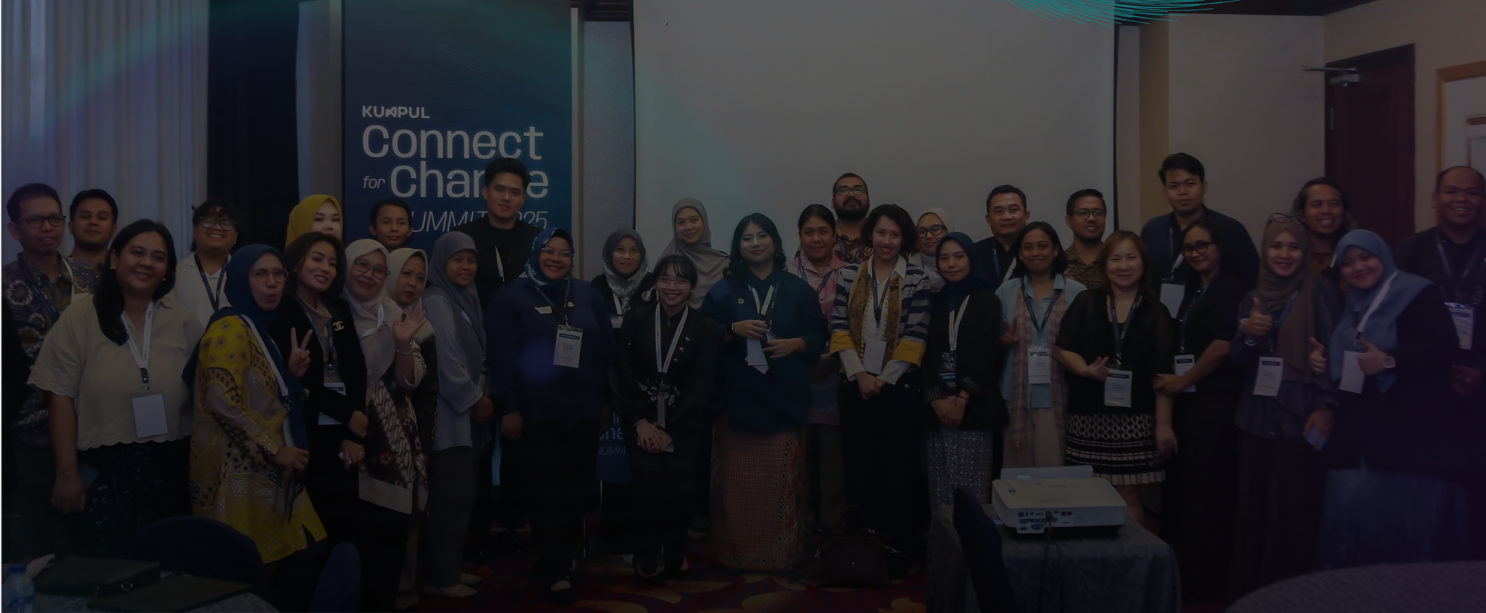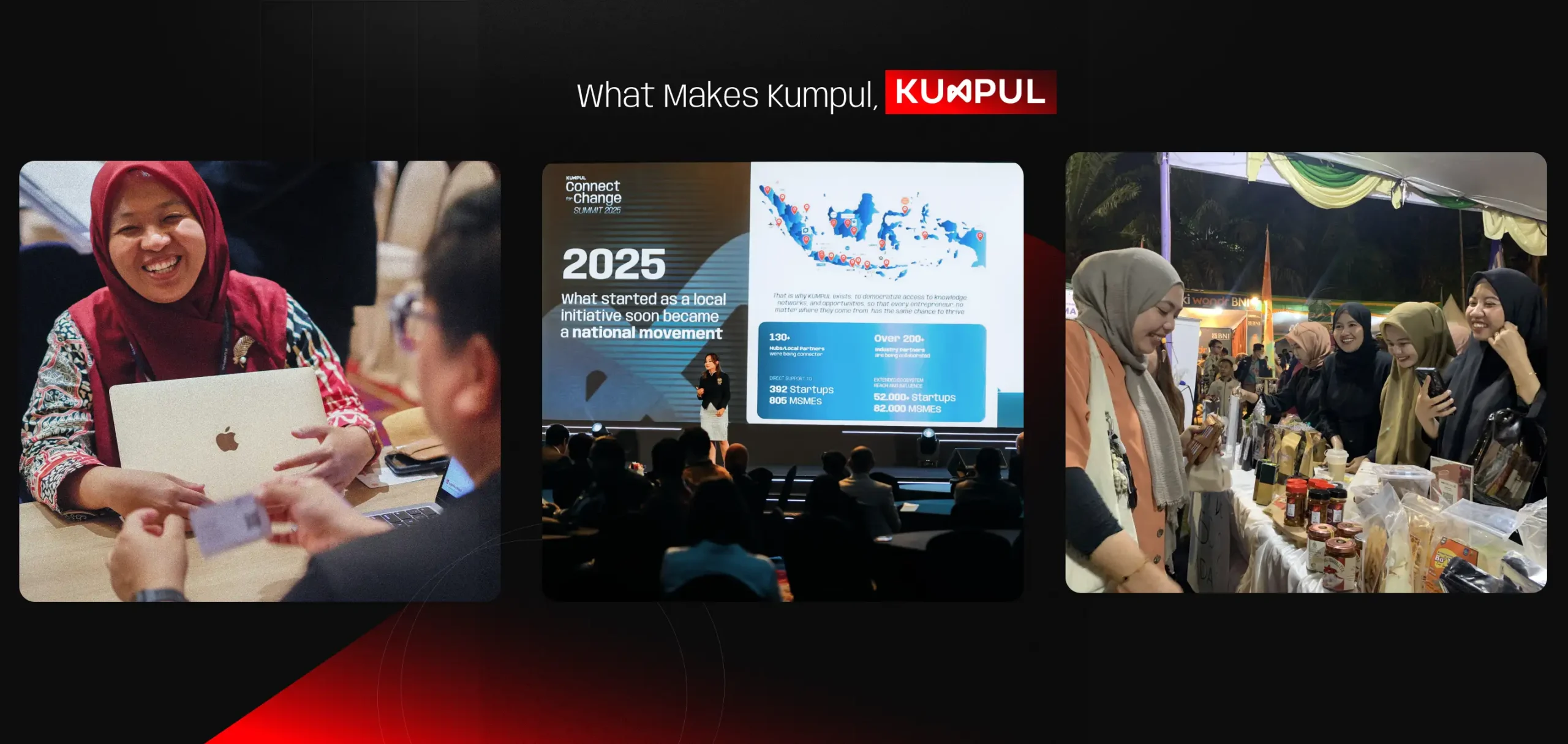The internet economy in Southeast Asia is expected to exceed US$300 billion by 2025, showing a wealth of opportunities for startups in the region to build innovations never seen before. However, to capitalize on these prospects, startups must implement processes that ensure future sustainability and scalability. As startups transition from their initial stages to scaleup mode, they encounter various challenges associated with scaling in the dynamic Asian market.
The economic landscape of Southeast Asia is undergoing a significant shift, marked by robust GDP growth, increasing consumer spending, and a burgeoning middle class. Countries like Indonesia, Vietnam, and Thailand are witnessing rapid technological adoption, creating a conducive environment for startups to flourish.
With the changing wave of new technologies, startups are expected to build new innovations instead of reinventing the wheel. There is a surge in demand for digital solutions across various sectors, from e-commerce and fintech to health tech and edtech. Startups that align their offerings with the digital transformation trends are well-positioned to thrive.
Therefore, building a business with scalability is a must. But how is it so important, especially for SEA startups?
To most industry players, scalability is the secret recipe — the cherry on top of every business that can supercharge your startup’s growth in the Southeast Asia economy. As more consumers come online and embrace digital services, startups have the unique opportunity to scale their operations efficiently and reach a wider audience.
Whether expanding product offerings or entering new markets, scalability is the key to staying ahead of the curve. Therefore equipping these promising startups with the right tools and knowledge will accelerate their conquest to scale up their business.
In our recent articles, Southeast Asian startups managed to secure various funding with growing innovation of their technology. The growing success stories of startups in Southeast Asia have attracted the attention of investors both regionally and globally. Venture capitalists and angel investors actively seek opportunities in the vibrant startup ecosystem, providing the necessary funding for ambitious entrepreneurs to scale their ventures.
This, however, is so much more than securing funding. Frequently, there exists a gap in understanding how to allocate the funds efficiently to achieve the highest impact on their innovation to compete in the global market.
To face these challenges, Sinar Mas Land and Digital Hub initiated DNA Accelerate to facilitate over 250 Indonesian startups to develop a scalable product and business scalability. Joined by over 37 VCs such as AC Ventures, Trihill Capital, Living Lab Ventures, and many others, DNA Accelerate provides the right knowledge and insights for startups to tackle various challenges and global access.
Ten startups namely SME Pack, LEGALKU, SECHA, Healthpro.id (Antler ID1 & AA C7), Grouu , Prospero, Kontesrumah, Montiro.id, Finskor, and Bintang Kecil Indonesia got the chance to be onboarded and got access to mentoring sessions, investment, and collaboration opportunities.
Even as Southeast Asia is poised to enter the next wave of tech innovation, Sinar Mas Land and Digital Hub with DNA Accelerate are focused on supporting startups with the tools and insights so they can implement strategies for digitization. Therefore, Indonesian startups can become the catalyst of change in the startup industry for years to come.





